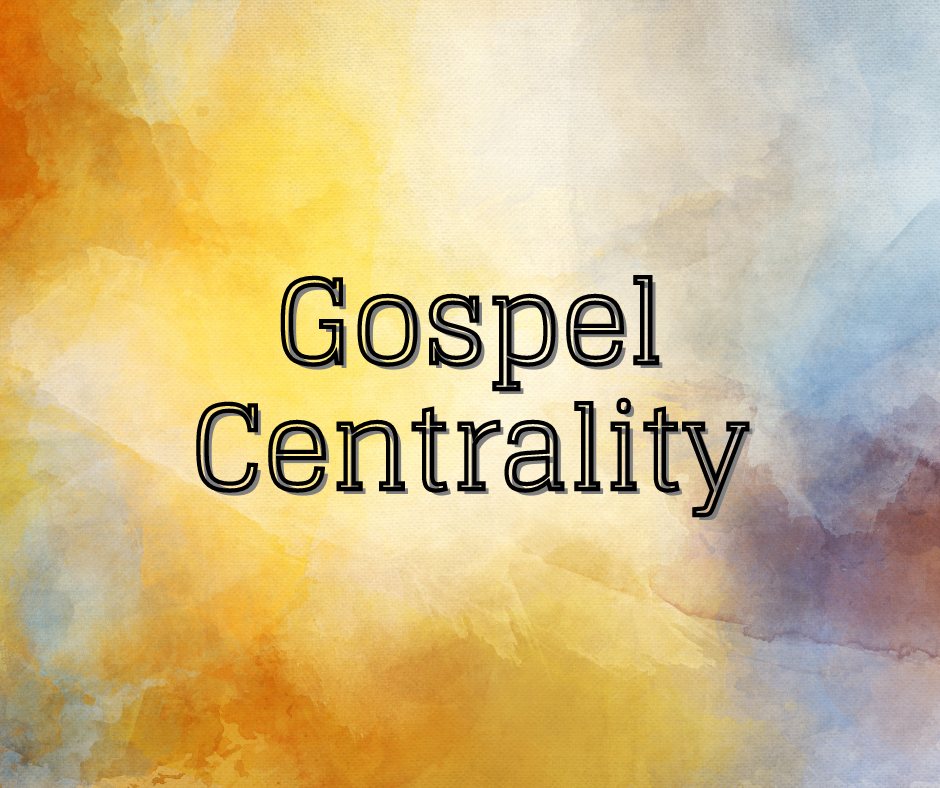The Costliness of the Cross


Good Friday 2020 was an odd time for us this year. Instead of worshipping with our spiritual family at church, our family watched a livestream service at home. As well as grieving the death of Christ, we mourned for the 100,000 people who had already lost their lives in the Covid-19 pandemic. Each day, we tuned into the latest updates in the hope of good news, only to have our hopes crushed by the staggering news of worsening conditions. As the days passed by, we became numb to the headlines of spiking death counts. Slowly, the numbers on our screen no longer represented real people, whose lives were robbed by the disease, but mere numbers that we hoped to decline.
Numb to the gospel that saves us
Unfortunately, the same kind of insensitivity has crept into many Christians’ view of the cross. Keller observes, “If we are to understand God’s grace in a way that transforms, [we must grasp] how costly the salvation is that God provides.”1 Many Christians can cite John 3:16 verbatim, yet the message of the gospel no longer awes them. They’ve begun to think, wrongly, that the gospel is only relevant for unbelievers. They’ve begun to expect that unbelieving hearts will be captivated by the death and resurrection of a Saviour, but that the gospel is largely irrelevant to those who have followed Christ for some time. Instead, Christians are expected to “keep up” with the Christian life and maintain the status quo through attending a variety of programs: small groups, bible studies, morning prayers, and more. There is danger in such a thinking. Koessler writes:
Like a salesperson who works for a demanding employer who keeps raising the quota, or the child of a strict parent whose love must be earned but who never seems quite satisfied with the child’s effort, we are plagued by the gnawing conviction that whatever we are doing, we need to do more.2
Such a performance-oriented approach towards Christianity is fatal for the Christian growth. Believing that it is up to us to remain in right relationship with God naturally leads to pride or despair. When we fail to live up to our own standards, let alone God’s, we begin to doubt our eternal security. Feelings of shame and worthlessness begin to overwhelm us as we, like Adam and Eve in the garden of Eden, attempt to hide ourselves from the presence of God.
The costly cross
A religious life based on human effort and performance is not only wearisome but slanderous. It is slanderous because implicitly, we suggest that Christ’s work on the cross was insufficient. By emphasising our own performance, we imply that unless his sacrificial death is complemented by our good works, we will not be justified. In other words, we diminish the costliness and efficacy of the cross and make it deficient and ineffective. Those who embrace such thinking, quickly go on from the cross to therapy, technology, and spiritual disciplines in desperation to further secure our righteousness before God.
The power of the gospel
The transformative power of the gospel begins only when we step away from self-saving and acknowledge our utter hopelessness. Our awareness of our need for a Savior, should increase rather than diminish as we walk the Christian life. Christian growth is not to be seen in a devout commitment to spiritual disciplines, nor by a busy life jammed with church activities. A life dominated by spiritual hyperactivity does not necessarily indicate a thriving inner walk with Christ. On the contrary, we are to walk in Christ, being “rooted and built up in him and established in the faith” (Col 2:7).

Sanctification is instead marked by 1) a growing awareness of God’s holiness, and 2) a deeper recognition of our depravity. Herein lies the beauty of the gospel: even as our sense of the chasm that separates God and us grows vaster as we draw closer to him, the cross becomes bigger and beautiful in breaching the gap. We become more aware of the price that God had to pay for our redemption. It is only through the sacrifice of his only son Jesus Christ that the gap is bridged and a relationship is established:
“We were buried therefore with him by baptism into death, in order that, just as Christ was raised from the dead by the glory of the Father, we too might walk in newness of life”
~ Romans 6:4
May we never ever forget the costliness of the cross. May we live in true freedom as we embrace a gospel-shaped life empowered by the love of Christ. Only such a gospel-shaped life bring true assurance, joyful service, and lasting transformation in the Christian life.
References
[1] Tim Keller, Prodigal Prophet, 87.
[2] John Koessler, The Radical Pursuit of Rest, 145.
This article was originally posted on Paul Ling’s blog and was republished with permission of the author.
Get articles delivered straight to your inbox. Sign up for our mailing list here.
Follow us on:

Paul Ling is a church planter with Gospel City Network. Born and raised in Kuching, he attended a Methodist church most of his life. In 2014, Paul felt convicted to pursue full-time ministry and headed to Moody Bible Institute in Chicago for his theological training. Paul came back to Malaysia in 2019 and immediately looked for pastoral opportunities. Eventually, God led him onto the path of church planting in Kuching. To hear more about Paul's story, check out his blog. (www.lszpaul.wordpress.com)
Related Articles
The Extension of Eden: From Promised Land to New Creation

The question of the promises regarding the land of Israel has always been a vexed one, arising afresh in the modern day conflict between Israel & Palestine. How does biblical theology help us in thinking rightly about the Promised Land? In this, article, we consider the Bible's teaching from Genesis to Revelation and it's implications for how we think about the Promised Land today.
Gospel Centrality: What are we really talking about?

“Gospel-centred”. Perhaps you’ve heard that phrase thrown around in the last few years! Indeed, it’s language I myself have adopted, as I’ve exhorted my congregation. “Live a gospel-centred life!” “Let’s be a gospel-centred church!” But what do I mean by that? That’s something I’ve been pondering for a while now. After all, if I’m not clear what I mean...
Biblical Theology of Race

Although Christians are familiar with the Biblical injunction that faith in Jesus Christ means, among other things, the rejection of racism (e.g., Gal. 3:28; Eph. 2:14), the history of Christianity leaves much to be desired of. The Holy Writ was abused by Nazi Germany to espouse anti-Semitism and the promotion of the Aryan master race...
